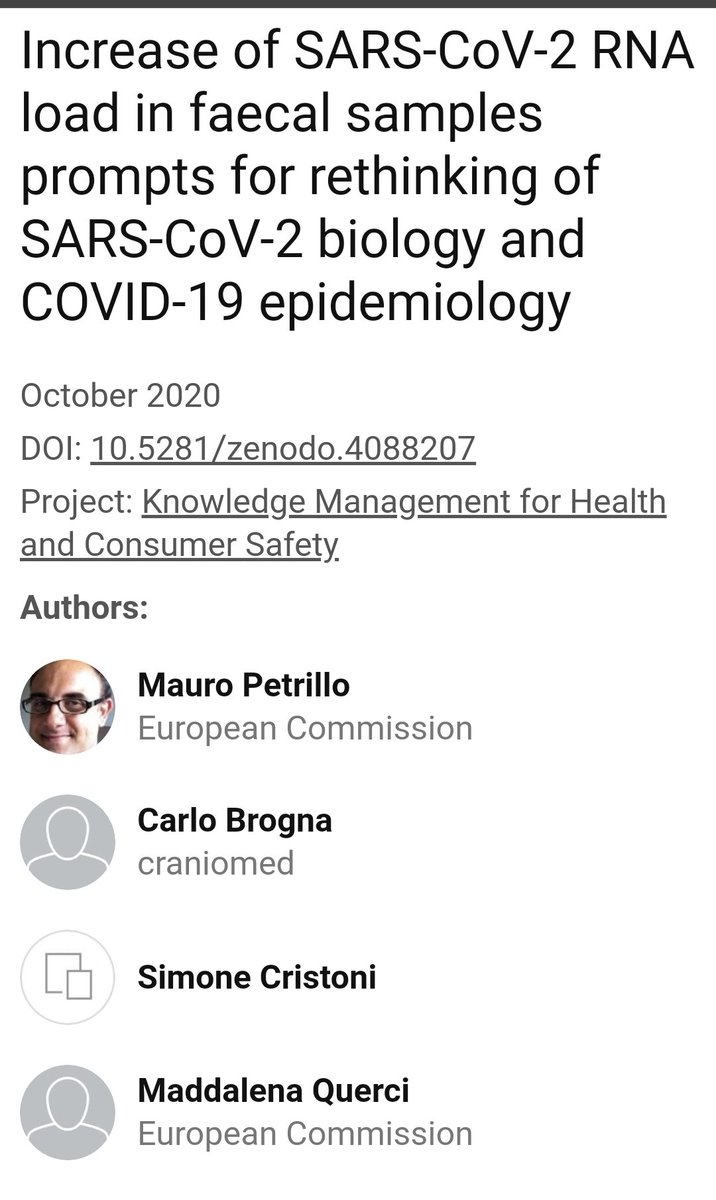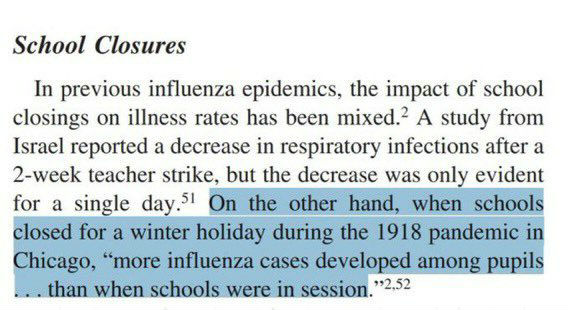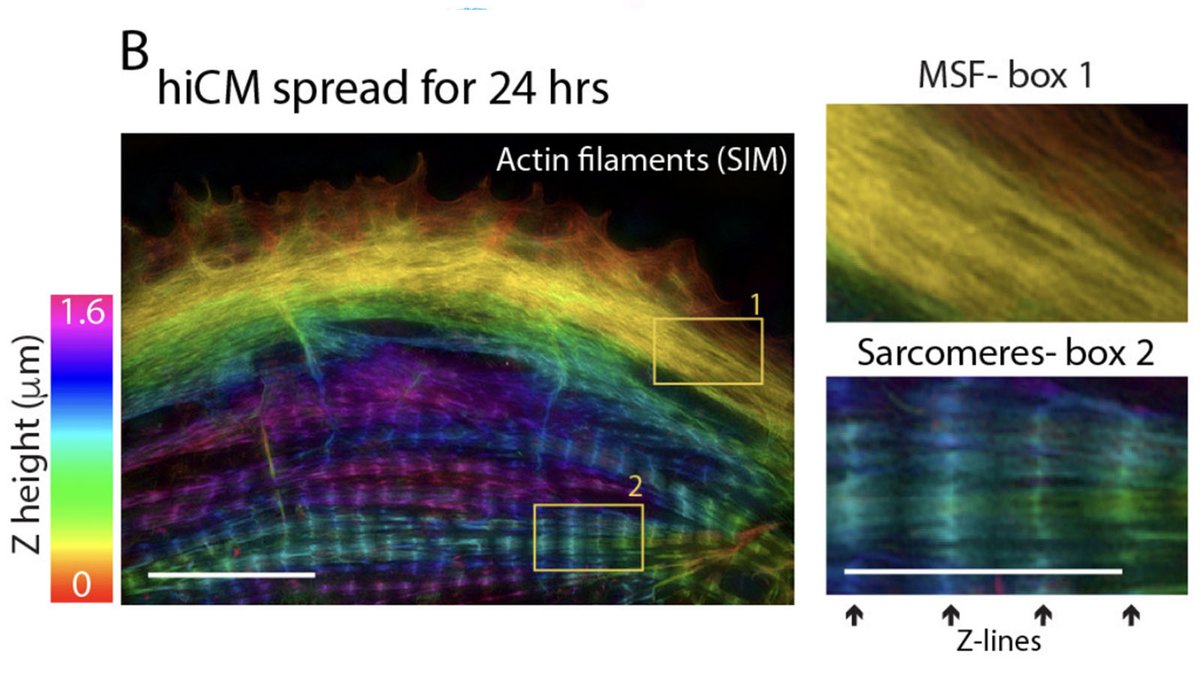"Collect blood cultures for bacteria that cause pneumonia and sepsis, ideally before antimicrobial therapy. DO NOT
delay antimicrobial therapy"
On the 19th March 2020 the WHO released this guidance intended for healthcare workers (HCWs), healthcare managers and IPC teams at the facility level & at national and district/provincial level:https://t.co/C4aV2BnMPj pic.twitter.com/tCk1EyLskV
— Robin Monotti (@robinmonotti) December 21, 2020
Did you know that both Chloroquine & Azythromycin are in the 2019 list of WHO's Model List of Essential Medicines?https://t.co/3cuI5bzzNu pic.twitter.com/2rkxN6O2p8
— Robin Monotti (@robinmonotti) May 26, 2020
MIT & Harvard researchers published this on the 22nd July, did the WHO update its guidance? https://t.co/215vQ3yr0q
— Robin Monotti (@robinmonotti) December 22, 2020





